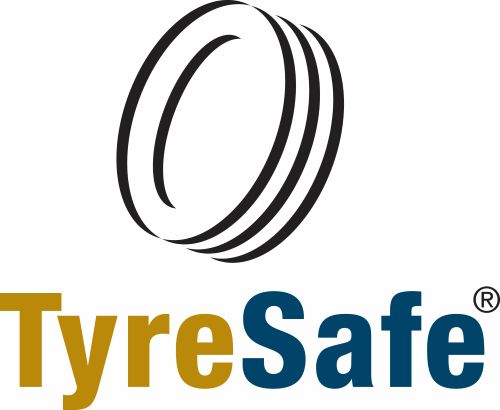When it comes to road safety, the factors that affect driver and passenger safety are…
How Patent Box legislation can help businesses
Corporation tax rates for large companies are coming down to match the 20 per cent rate for profits under £300,000. However, the new Patent Box legislation could allow your company to claim an even lower rate, 10 per cent, if those profits are generated from the use of patents.
The aim of the Patent Box is to encourage innovation in the UK, by giving incentives to companies to locate and retain intellectual property within the UK.
The new rules will allow companies and groups of companies, to benefit from a lower rate of corporation tax on profits, derived from the patent, where they either own or have exclusive licences to exploit the patent. This profit could be from the receipt of licence fees or royalties, income from infringements, revenue from the sale of products incorporating the patented component or products manufactured using a process which includes a patented element.
The new legislation will be phased in over a four-year period that began in April 2013. It is available for existing patents granted by the UK Intellectual Property Office, the European Patent Office and other EEA State Patent Offices. In addition, the legislation will also allow a company to begin accruing the benefits of the new rules as soon as the patent application is filed, although the benefit will not be received until the patent is granted.
Sounds too good to be true? There are some complexities to trip up the unwary, but these problems can be overcome if steps are taken in advance. Therefore, action needs to be taken sooner rather than later.
From discussions with companies we have identified some common issues, which in some cases could result in the company losing the reduced rate of tax. There are also some administrative burdens that may cause problems. These issues include:
· The patent is registered in the name of the individual owner of the company. Even if the company is the only company exploiting the patent, if there is no licence there will be no Patent Box. The company does not own and does not have an exclusive licence to use the patent.
· The accounting system and records may need to be adapted to identify the relevant income and costs that relate to the patent. The aim is to prove the maximum amount of profit that can benefit from the 10 per cent Patent Box rate.
· The group licences do not meet the definition of an exclusive licence for the Patent Box legislation.
So, what should you do now?
If your company exploits a patent then it is essential that you speak to your tax adviser about the new Patent Box legislation. These discussions will allow you to establish if Patent Box is relevant and worthwhile for your company. It will also ensure that the company meets the requirements for the lower tax rate and that, in cases where the relevant patent being exploited is under licence, the licence meets the definition of an exclusive licence.
Source: Small Business



